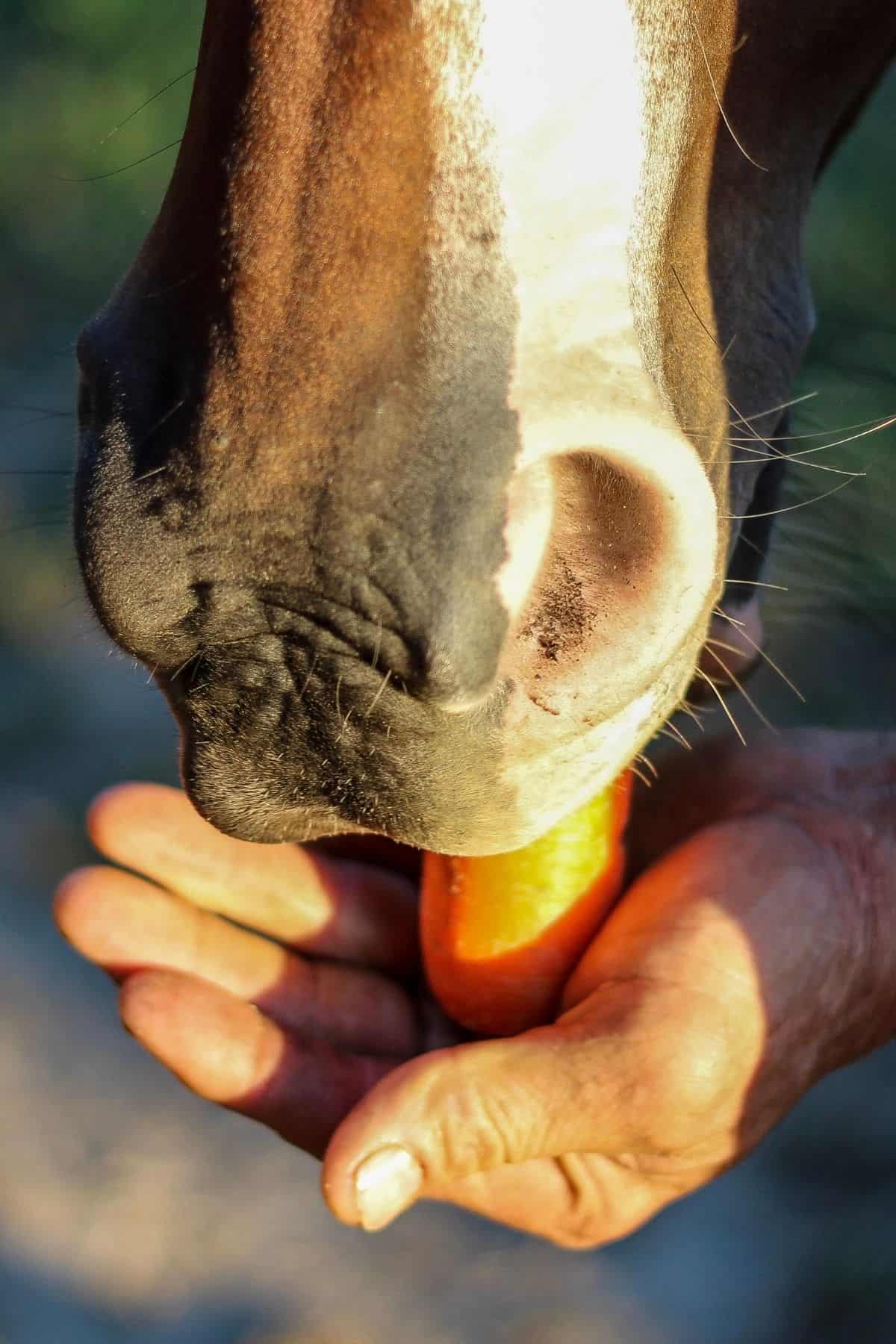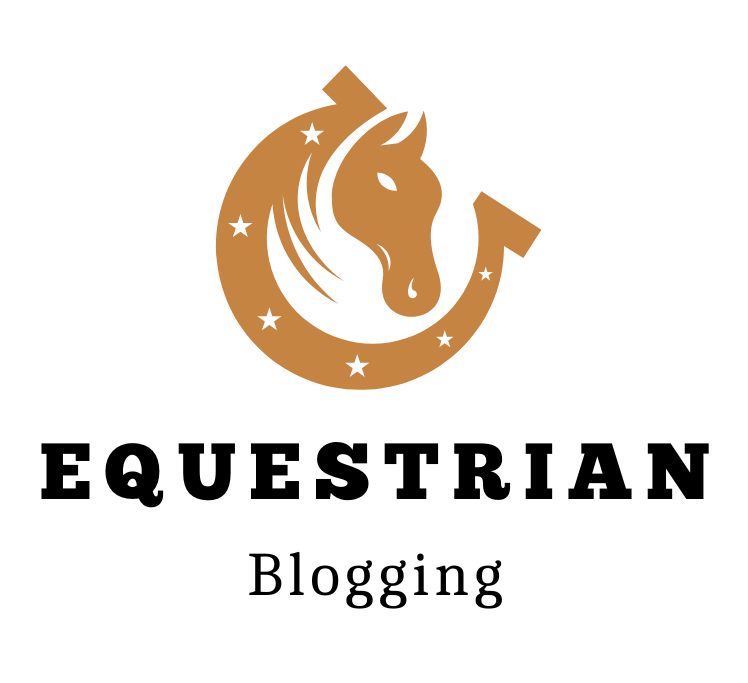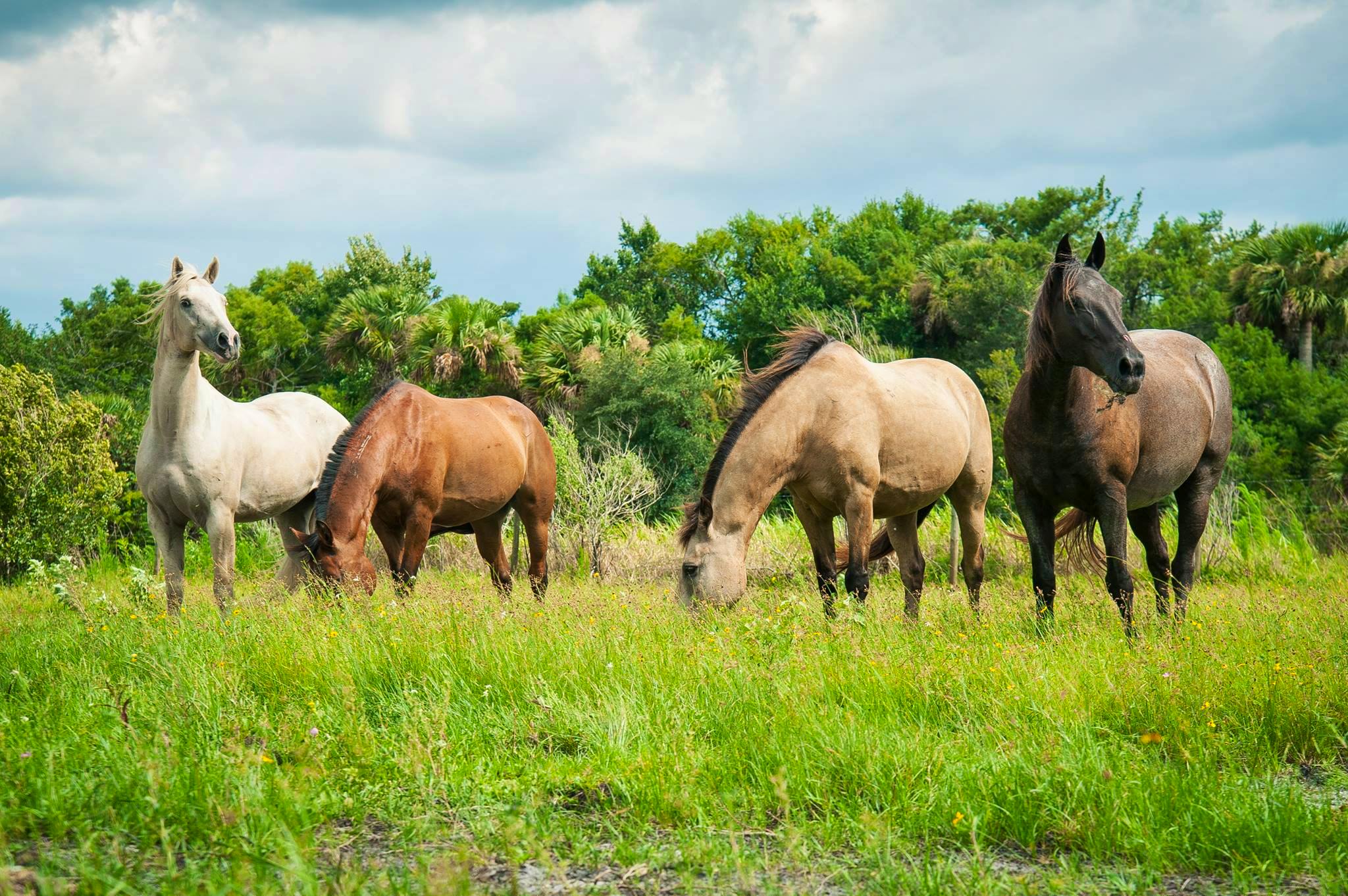No, horses should not eat potatoes. Potatoes are toxic to horses due to the compound atropine, which affects their nervous system.
Feeding horses potatoes, either raw or cooked, poses a risk due to the presence of atropine, a compound that impacts the horse’s autonomic nervous system. The nightshade family, to which potatoes belong, contains this toxic compound, making it harmful for horses.
Although the preference for potatoes by horses may be low, there is a likelihood of them consuming it. Thus, it is crucial to ensure that potatoes are not included in their diet. As a responsible horse owner, it is necessary to understand the potential health risks associated with feeding inappropriate foods to horses. Therefore, it is advisable to refrain from offering horses potatoes to prevent any adverse effects on their health.

Can Horses Eat Potatoes?
When it comes to feeding horses, it’s crucial to be mindful of their dietary requirements. One common question horse owners may have is whether horses can safely consume potatoes. Let’s delve into this topic to understand the potential risks and considerations associated with feeding potatoes to horses.
Raw Potatoes Vs Cooked Potatoes
Can horses eat raw potatoes? Raw potatoes are part of the nightshade family, making them toxic to horses due to the presence of atropine, a compound that can affect the horse’s autonomic nervous system. Horses should avoid consuming raw potatoes to prevent potentially harmful effects on their health.
On the other hand, some may wonder, can horses eat cooked potatoes? While cooked potatoes are less harmful than their raw counterparts, there’s still a risk involved. Even potato-based dishes should be approached with caution, considering the potential impact on the equine digestive system.
Toxicity Of Potatoes To Horses
Are potatoes toxic to horses? Potatoes contain solanine, a toxic compound that can lead to various health issues in horses if ingested. Signs of problems due to potato consumption include colic, moody behavior, decreased heart rate, weakness, and convulsions. Therefore, it’s imperative to prevent horses from accessing and consuming potatoes to safeguard their well-being.

What Foods Are Harmful Or Poisonous To Horses?
Horses are herbivores and have specific dietary requirements. It’s important to be mindful of what foods are harmful or even poisonous to horses. Understanding this can help prevent potential health issues and ensure the well-being of your equine companion.
List Of Harmful Human Foods
Feeding horses human foods can be detrimental to their health. Some harmful human foods for horses include:
- Chocolate
- Persimmons
- Avocado
- Lawn Clippings
- Fruit with Pips and Stones
- Bread
- Potatoes and Other Nightshades
- Yogurt and Other Dairy Products
List Of Harmful Plants
In addition to human foods, certain plants can pose a threat to horses. It’s crucial to be aware of harmful plants for horses, such as:
- Caffeine
- Avocado
- Fruits with Stones (or Pits)
- Cauliflower, Cabbage, Broccoli
- Bran Products
- Potatoes
- Rhubarb
Why Carrots Should Be Given In Moderation
While carrots are a popular treat for horses, they should be provided in moderation due to their relatively high sugar content. Excessive consumption of carrots can potentially lead to colic or laminitis, especially in horses with metabolic syndrome or Cushing’s disease. It’s crucial to monitor the intake of carrots for horses to maintain their overall health.
Organic_result Equines don’t usually like the taste of potatoes, but they might get tempted to eat it at some point. Potatoes are part of the nightshade family, making them toxic to horses. It contains a compound called atropine, which can affect your horse’s autonomic nervous system.
Signs Of Potato Poisoning In Horses
When it comes to feeding horses, it’s important to know which foods are safe and which can be potentially harmful. One food that falls into the latter category is potatoes. While humans may enjoy potatoes in various forms, horses need to steer clear of this starchy vegetable. Potatoes belong to the nightshade family and contain a compound called atropine, which can be toxic to horses. In this section, we will explore the signs of potato poisoning in horses, focusing on the symptoms of potato peelings consumption and the effects on the horse’s autonomic nervous system.
Symptoms Of Potato Peelings Consumption
Feeding horses raw potato peelings can have detrimental effects on their health. The solanine present in potato peelings can cause various problems in horses. Here are some signs that your horse may be experiencing potato poisoning:
- Colic
- Moody behavior
- Decreased heart rate
- Weakness
- Convulsions
If you notice any of these symptoms in your horse, it’s essential to seek veterinary assistance immediately. Prompt action can prevent further complications and ensure the well-being of your equine companion.
Effects On Horse’s Autonomic Nervous System
The consumption of potatoes can affect a horse’s autonomic nervous system. The compound atropine found in potatoes can disrupt the normal functioning of this vital system, which regulates involuntary bodily functions such as digestion, heart rate, and respiration. When a horse ingests potatoes, it may experience irregularities in these functions, leading to potential health issues.
It’s crucial to keep an eye on your horse’s behavior and overall well-being. Any abnormalities or signs of distress should not be ignored, as they could be related to the consumption of potatoes or other toxic foods.

Alternatives For Treating Horses
Alternatives for Treating Horses
When it comes to treating horses, it’s crucial to offer safe and nutritious alternatives that cater to their dietary needs.
Safe Fruits For Horses
- Apples
- Bananas
- Watermelon
- Grapes
- Pumpkin
- Apricot
Safe Vegetables For Horses
- Carrots
- Spinach
- Green beans
- Pumpkin
- Sweet peppers
- Squash
Additional information can be placed here
Preventing Harm To Horses
Equines don’t usually like the taste of potatoes, but they might get tempted to eat it at some point. Potatoes are toxic to horses due to the compound atropine, which affects their autonomic nervous system.
Avoidance Of Potato Consumption
Raw or cooked potatoes should never be fed to horses as they are part of the nightshade family and contain harmful compounds like atropine that can lead to health issues.
Other Foods To Avoid
- Chocolate: Can be toxic to horses and should never be fed.
- Persimmons: Should be avoided as they can cause digestive problems.
- Avocado: Toxic to horses and can lead to serious health issues.
- Lawn Clippings: May cause colic and other digestive issues.
Importance Of Moderation In Feeding Treats
- It is crucial to feed treats in moderation to avoid overloading the horse’s digestive system.
- Balance the horse’s diet with a variety of fruits and vegetables safe for consumption.
- Monitor the horse’s reaction to new treats and foods to ensure their well-being.
Frequently Asked Questions On Can Horses Eat Potatoes
What Vegetables Are Not Safe For Horses?
Potatoes are not safe for horses to eat. They belong to the nightshade family and contain a compound called atropine, which can be toxic to horses. Raw or cooked, potatoes can affect the horse’s autonomic nervous system. It is best to avoid feeding potatoes to horses.
Are Potato Peelings Bad For Horses?
Potato peelings can be bad for horses. Raw potato peelings contain solanine, which can lead to health issues such as colic, moody behavior, decreased heart rate, weakness, and convulsions. It’s best to avoid feeding horses potato peelings to prevent any potential problems.
What Food Can A Horse Not Eat?
Horses should not eat potatoes or any food from the nightshade family as they are toxic.
Why Can’t Horses Eat Carrots?
Carrots have a high sugar content, which can cause health issues like colic or laminitis in horses with metabolic syndrome or Cushing’s disease. Feeding in moderation is important.
Conclusion
Horses should not be fed potatoes as they are part of the nightshade family and contain a compound called atropine, which can affect their autonomic nervous system. Even cooked potatoes still pose a risk. It’s important to remember that horses have specific dietary requirements and should not be given human foods without consulting a veterinarian.
Stick to a balanced diet and avoid potential health problems for your equine companion.

